HP dreams big with ‘The Machine’
The next big thing or just vapourware?

HP Labs revealed limited details about its main research project at its Discover event in Las Vegas this week.
Simply dubbed The Machine' - because it amalgamates the characteristics of PCs, workstations and servers into one fridge-sized design - this is the future. At least, this is what HP wants you to believe.
At its highest level, The Machine is aiming to solve the problems of exponential data growth. Today the public cloud uses as much energy as Japan, according to HP. As we continue to connect everyone and everything to the internet, data will increase exponentially and so will energy usage.
It all sounds bloomin' marvelous but is The Machine just a pipe dream?
HP is warning that existing infrastructure is unsustainable, and we'll get to the stage where we simply won't have the power to run it. Is The Machine the answer to all our big data-related problems?
Despite being in development for a mere 24 months, and not yet being part of HP's official roadmap, this hasn't stopped the firm outlining an ambitious vision.
Martin Fink, CTO and head of HP Labs, was on hand to generate buzz around the theoretical capabilities of The Machine.
"You could analyse one trillion CRM records in the blink of an eye. You could expand the bandwidth and storage of all your datacentres tenfold while slashing your energy consumption," he suggested.
Sign up today and you will receive a free copy of our Future Focus 2025 report - the leading guidance on AI, cybersecurity and other IT challenges as per 700+ senior executives
"Your doctor could compare your symptoms and genomics with every other patient around the world to improve your health outcomes, instantly, without language barriers or privacy breaches."
It all sounds bloomin' marvelous but is The Machine just a pipe dream or can the sleeping Silicon Valley giant emerge from its slumber to make it a reality?
To make it work, HP has the unenviable task of re-architecting the way in which most modern computers are used.
All computers work on the same basic principle and architecture. To initiate an application, the CPU copies the program from the hard drive to the faster but volatile RAM. The problem is that CPUs have continued to increase in speed whereas memory has not kept up the pace. This has caused a bottleneck in performance - which - unnoticeable on regular laptops - can be a problem when it comes to high-performance computing.
HP has long claimed its ace-in-the-hole is it's Memristor', a technology it has been promising to commercialise for the last decade.
Short for memory resistor, the Memristor is 100 atoms wide - which is around half a million times smaller than a human hair. and is able to store information using ions. Crucially, it can retain data even when power is disconnected. This makes it energy efficiency and capable of replacing Flash, DRAM and hard drives.
HP's first challenge is to commercialise the memory technology. Developing a cost effective, reliable Memristor, which has the huge storage capacity for high-performance computing (we're talking Terabits) is not going to happen overnight. This in itself is likely to swallow up another decade of research.
But it's not as simple as just creating a new piece of hardware and chucking it into existing systems.
"Developing The Machine not only means building the hardware, but we're also investing in developing the software that will support itthe data algorithms, the operating systems, the security platform and the tools required to manage millions of compute nodes from servers and datacentres to the smart sensors that will make up the internet of things," Fink acknowledged.
Despite HP CEO Meg Whitman giving Labs all the resources they need, it's going to be an uphill battle to commercialise The Machine.
Fink told BusinessWeek it could arrive as early as 2017 but this is beyond optimistic as HP has a habit of missing internal deadlines. If it can deliver anything commercial before the end of the decade, it would be miraculous.
Despite being the cornerstone of Silicon Valley, HP is visibly struggling. It lost out to Lenovo as the world's largest PC maker, has failed to make a dent in the mobile market and 50,000 jobs have fallen under the axe of Whitman since she took charge in 2011.
The belief radiating from HP Labs suggests there is mileage in this research, but this needs to be translated into a viable proposition.
HP needs The Machine to be more than vapourware. And the world will be a better place for it IF the firm can deliver.
-
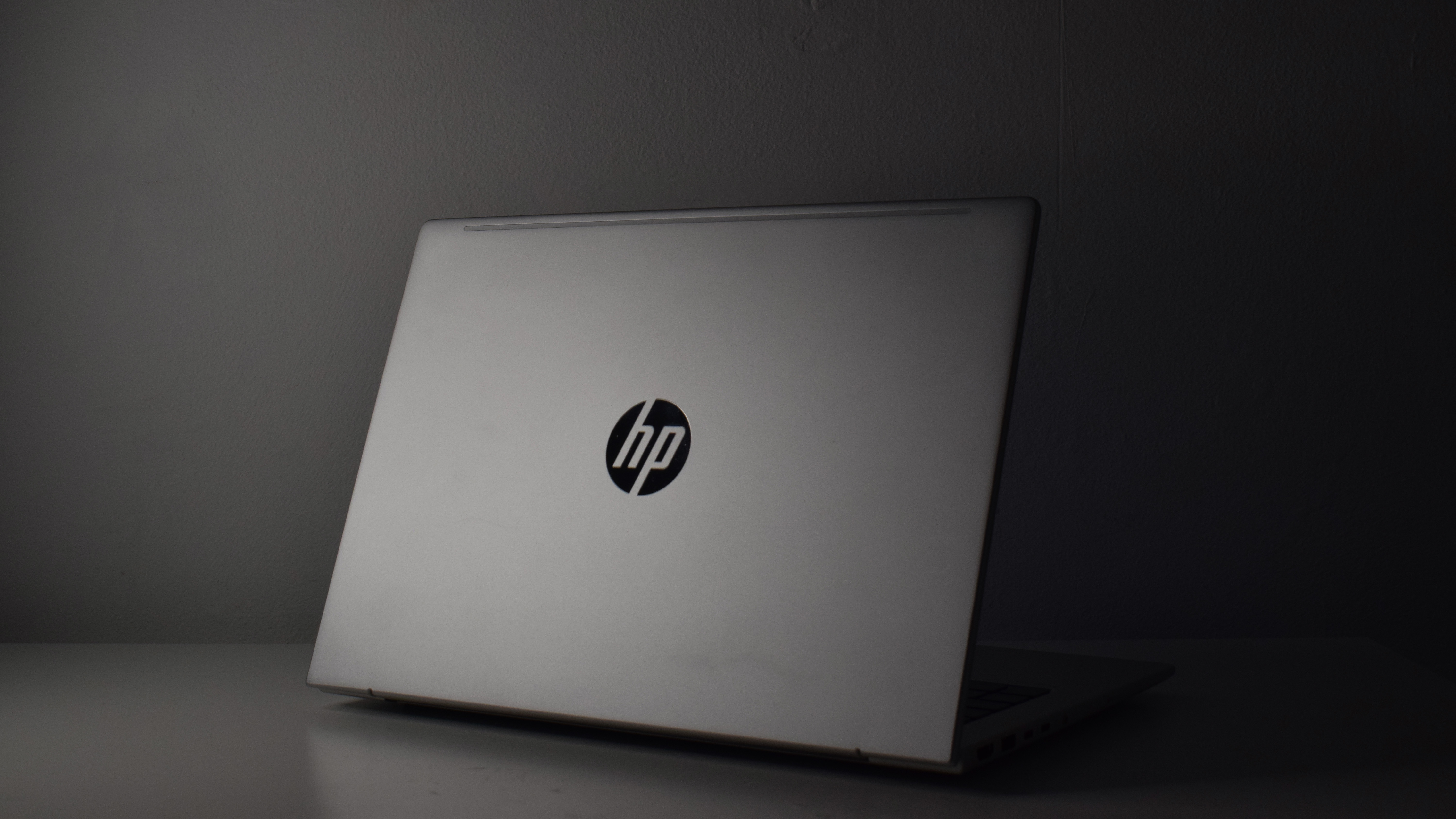 HP ProBook 4 G1a review: A no-frills business machine for the average office
HP ProBook 4 G1a review: A no-frills business machine for the average officeReviews A serious but dull business laptop, however, HP's ProBook 4 is a decent middle-tier machine
-
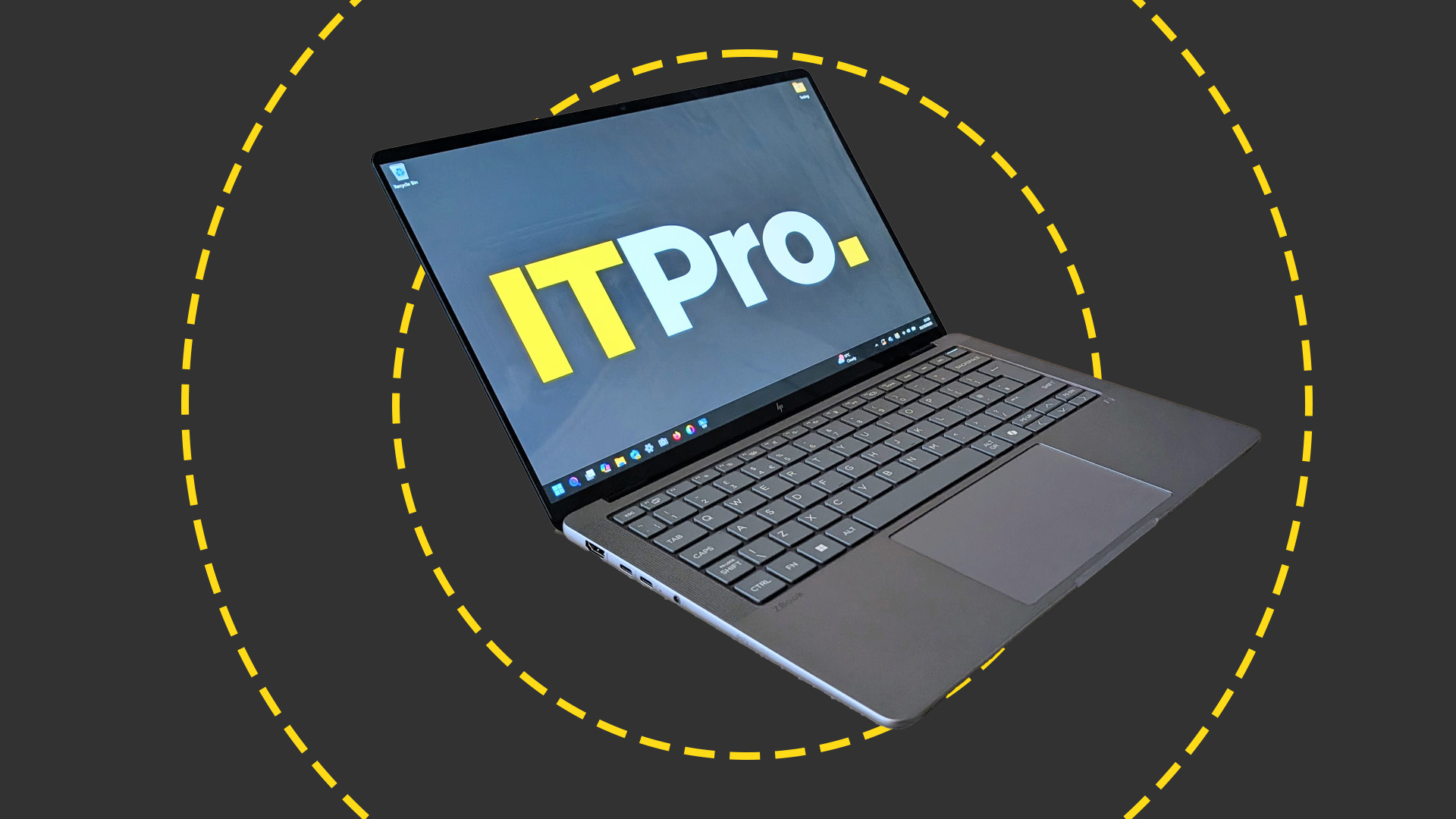 The HP ZBook Ultra G1a offers truly impressive levels of performance – a genuine game-changer
The HP ZBook Ultra G1a offers truly impressive levels of performance – a genuine game-changerReviews AMD's new Ryzen AI Max+ 395 redefines what we can expect from a laptop chipset with an integrated GPU and delivers outstanding performance
-
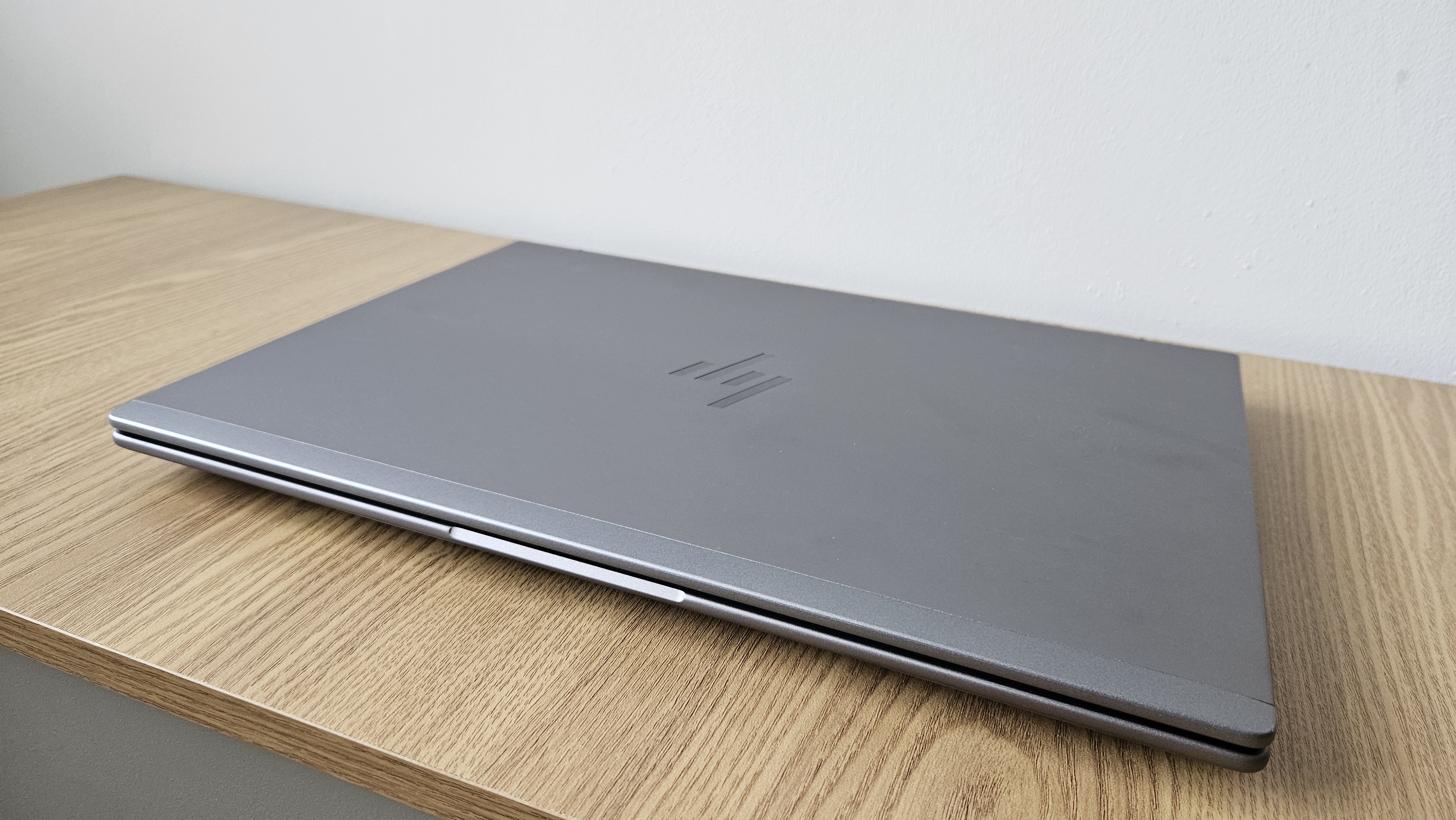 The HP ZBook X G1i is a full-throttle juggernaut – you couldn't ask for much more from a workstation
The HP ZBook X G1i is a full-throttle juggernaut – you couldn't ask for much more from a workstationReviews The HP ZBook X G1i offers almost everything you could want from a workstation, and it's delightful to use
-
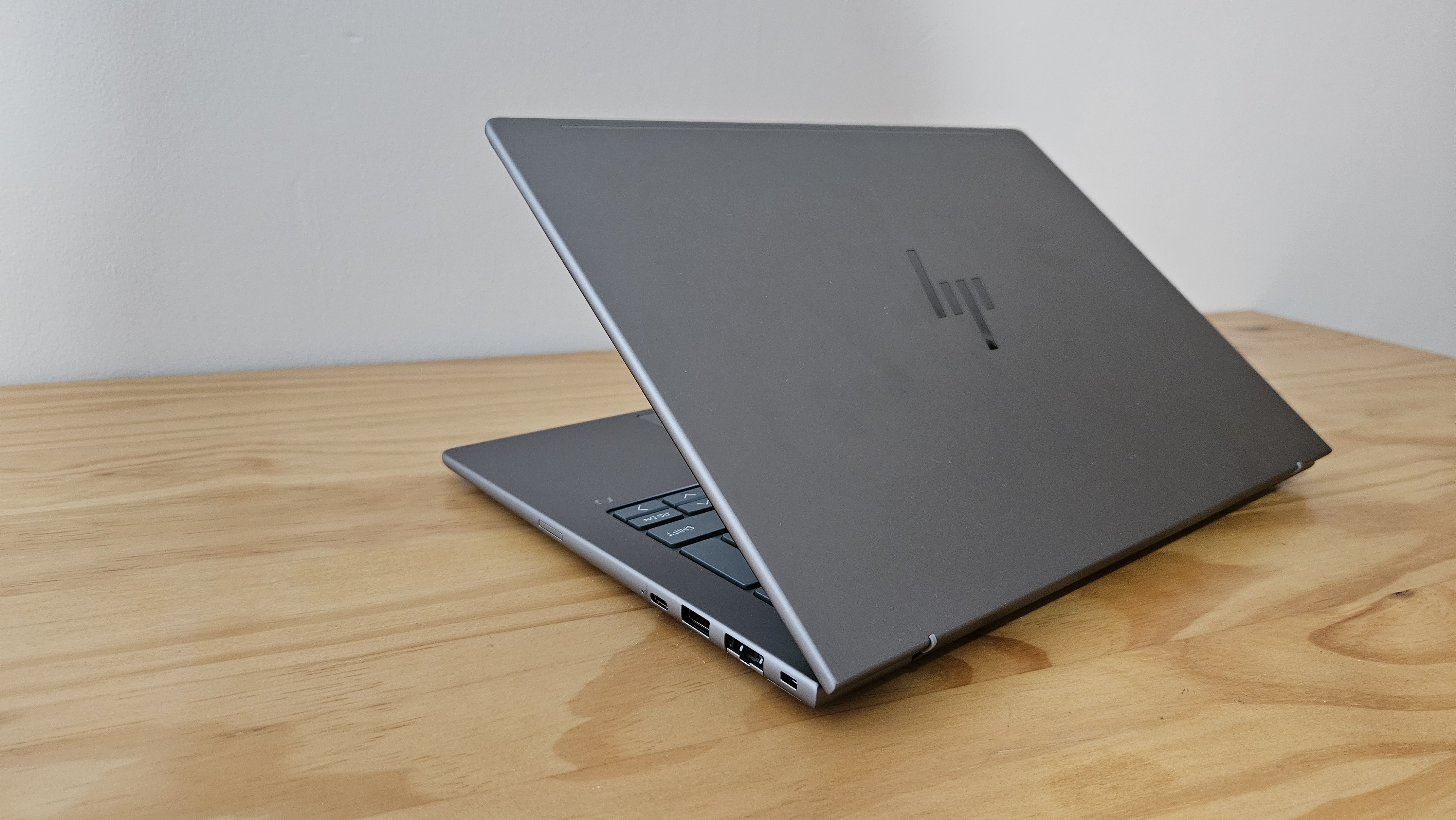 HP ZBook 8 G1ak 14 review: Plenty of promise but falls short
HP ZBook 8 G1ak 14 review: Plenty of promise but falls shortReviews This portable mobile workstation promises so much but fails to deliver in a few key quarters – meaning it's hard to justify its price tag
-
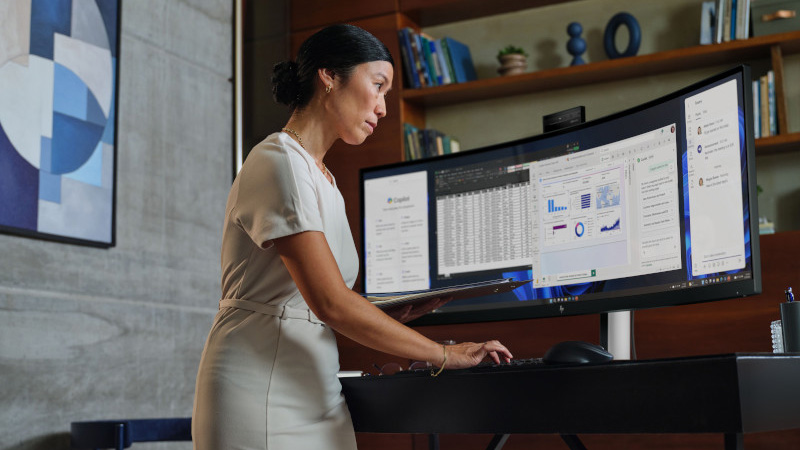 We're in the age of "mega-tasking," and here's what HP is doing about it
We're in the age of "mega-tasking," and here's what HP is doing about itnews The world's first ultrawide conferencing monitor and a Nvidia-powered workstation aim to tackle our growing work demands
-
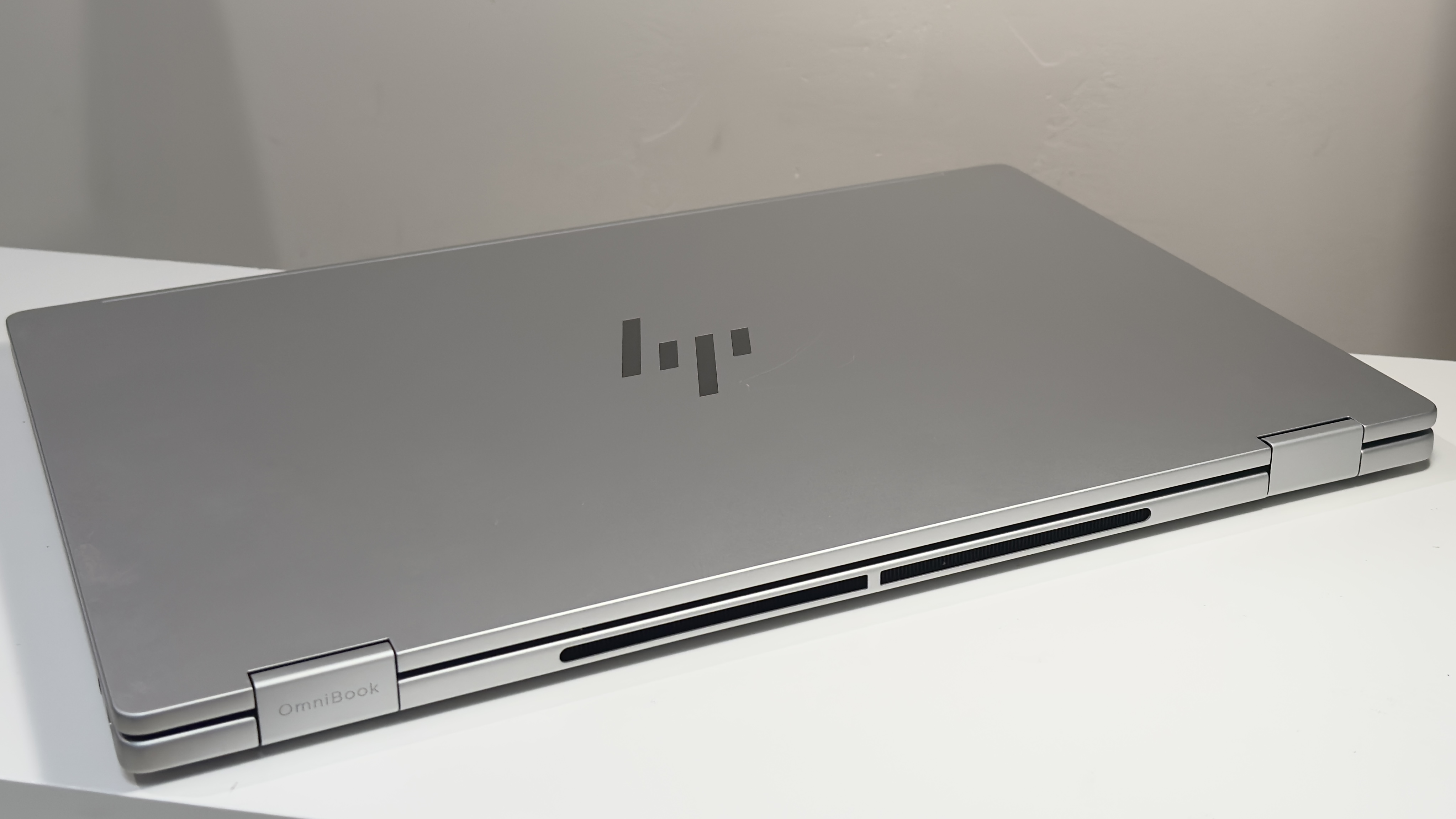 The HP OmniBook X Flip 16 is a brilliant, big, beautiful 2-in-1 laptop – but it's also an absolute bargain
The HP OmniBook X Flip 16 is a brilliant, big, beautiful 2-in-1 laptop – but it's also an absolute bargainReviews HP pairs a gorgeous OLED touchscreen with a smart 2-in-1 design – the result is a superb everyday laptop for sensible money
-
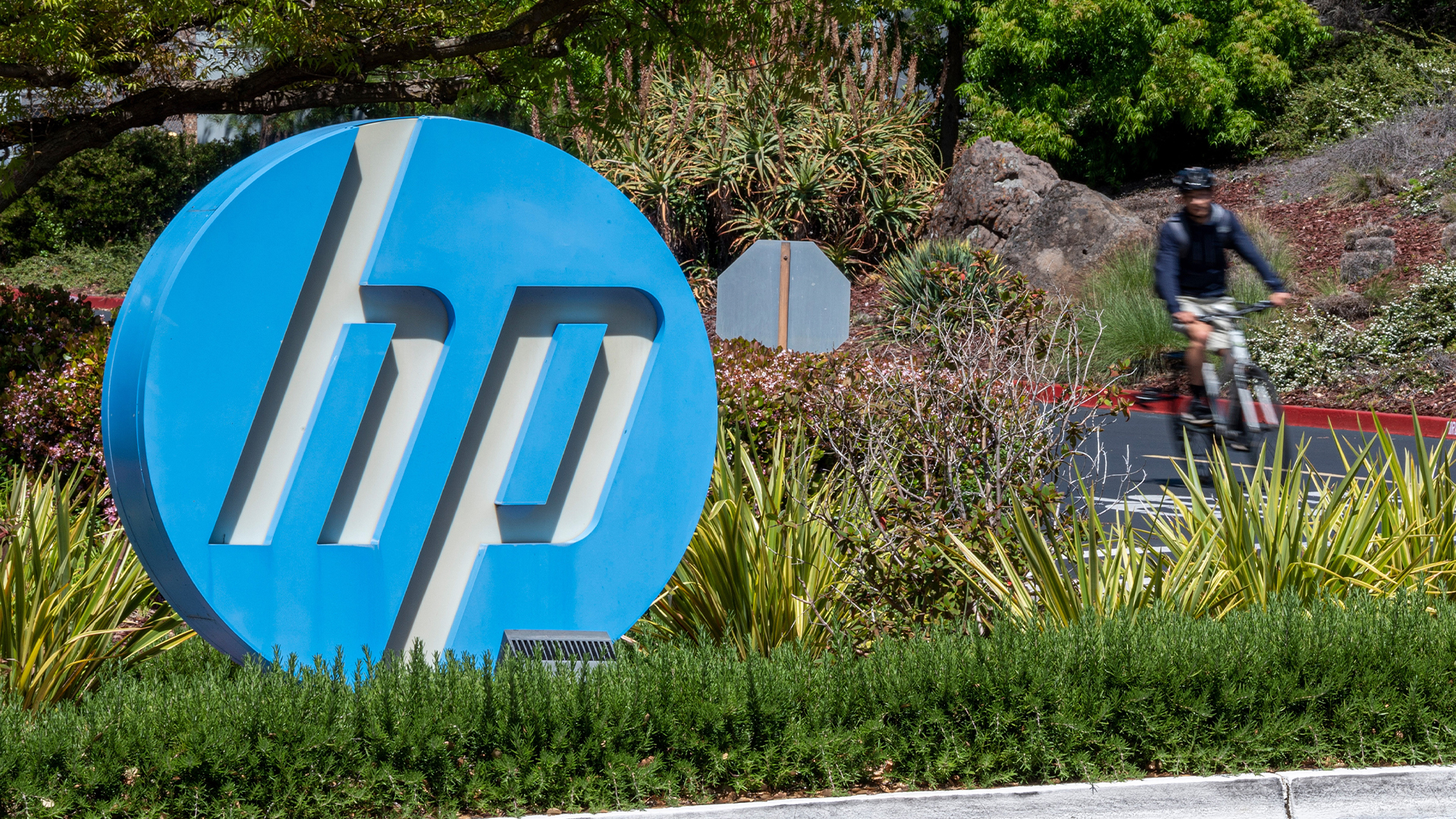 AI PCs are paying dividends for HP as firm reports sales surge
AI PCs are paying dividends for HP as firm reports sales surgeNews HP has pinned recent revenue increases on Windows 11 and AI PC sales
-
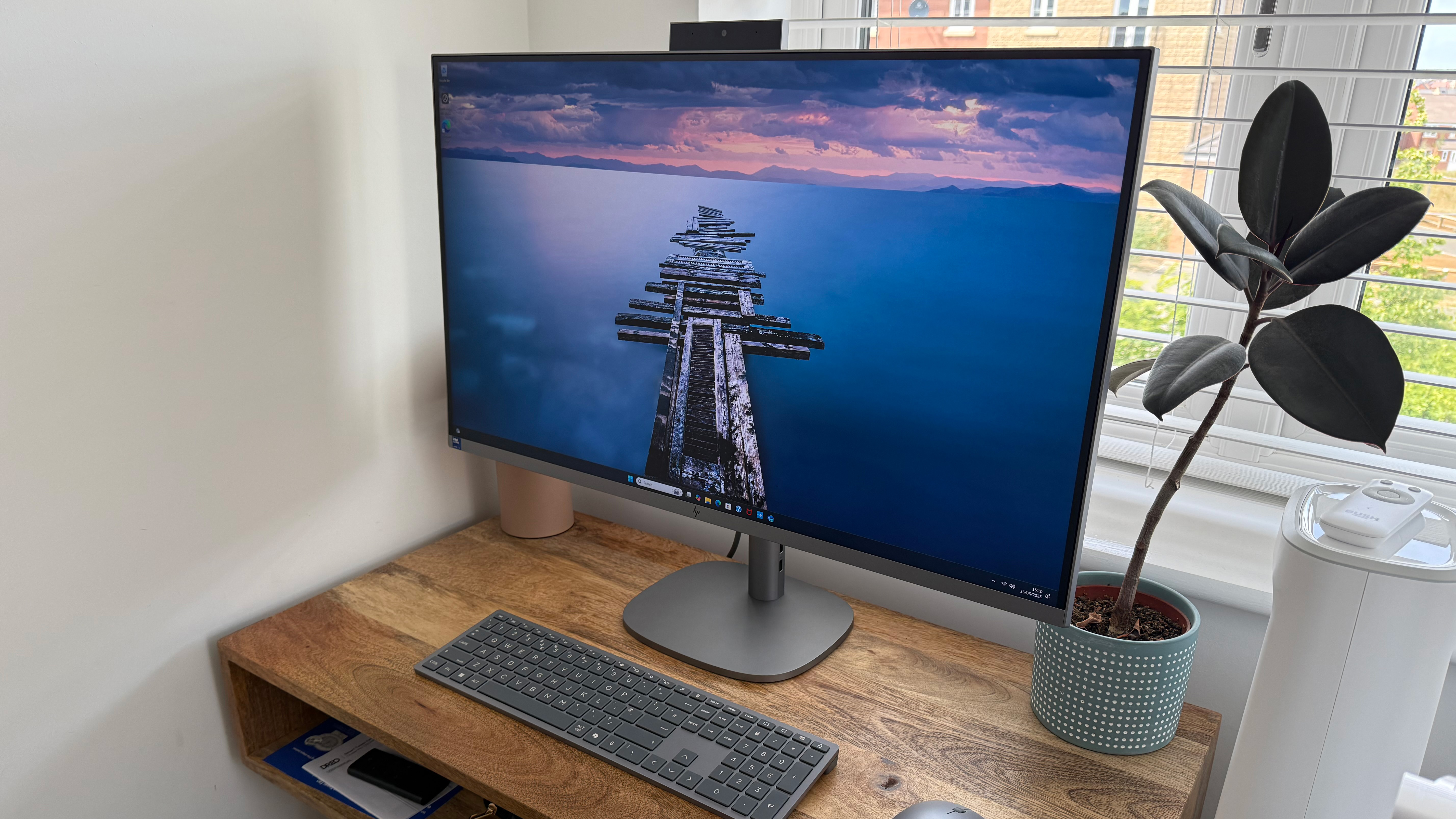 The HP OmniStudio X is a powerful, design-led all-in-one for creative work – but it could do with a stronger GPU
The HP OmniStudio X is a powerful, design-led all-in-one for creative work – but it could do with a stronger GPUReviews HP's answer to the iMac is a premium all-in-one that blends powerful performance with sleek design

